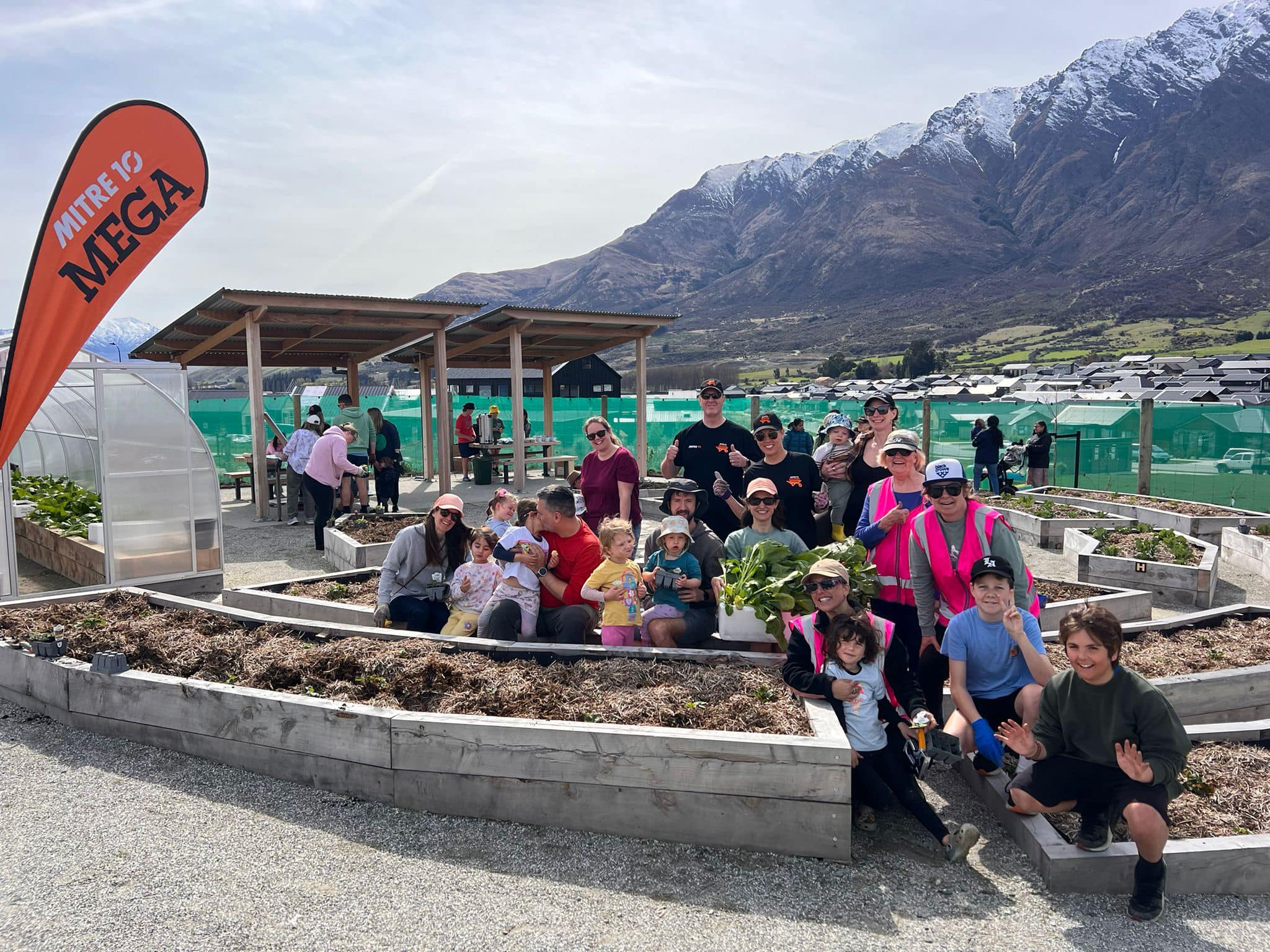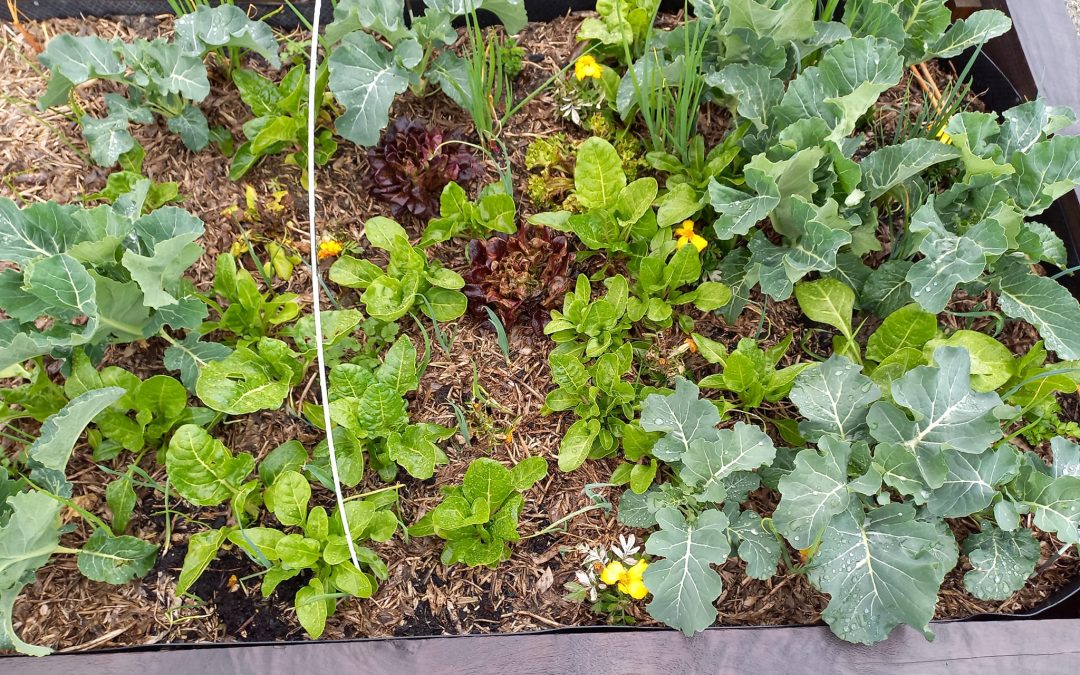Spring is the perfect time to start a new garden! Whether you’re a novice or experienced gardener, now is the ideal season to prepare your space and get planting.
1. Prepare Your Soil
Before planting, ensure your soil is well-conditioned. You can improve it by adding chicken or poultry pellets, as well as Blood & Bone fertiliser. If your soil retains too much water, using a gypsum clay breaker & conditioner can help improve drainage, ensuring your garden thrives even after heavy rain.
2. Decide on Your Garden Style
Do you want to grow vegetables and fruit, or are you aiming for a decorative garden with shrubs and flowers? For a garden suited to our local climate, consider planting native shrubs. Lavender, for example, grows well in the area, but be sure to prune it regularly to prevent it from becoming woody.
3. Choose Plants You’ll Use and Enjoy
When it comes to selecting vegetables, think about what you enjoy eating so you don’t waste space on plants you won’t use. Early spring is a great time to plant vegetable seedlings like lettuce, kale, chard, silverbeet, broccoli, cabbage, rocket, and spinach. Some of these can even be used in fresh salads. Potatoes planted now will be ready to enjoy with your Christmas dinner, and strawberries grown at home are a treat!
Marigolds are a great companion plant, too, as their scent helps deter pests.
4. Care for Delicate Plants
If you’re planting tomatoes, peppers, or cucumbers, make sure to protect them from the cold until the weather warms up. You can use a cloche, keep them indoors, or bring them inside at night to shield them from cooler temperatures.
5. Keep Your Garden Growing
Water your plants regularly and feed them every fortnight with Seasol or a fish and seaweed solution to give them the nutrients they need to thrive.
6. Don’t Forget Fruit Trees
Even if you’re short on space, you can still enjoy the benefits of fruit trees. Many dwarf varieties are perfect for pots, and they look great in planters while providing you with handy fruits like lemons or mandarins.
7. Plant Summer Bulbs
Now is also the time to plant summer bulbs, either in your garden or in pots. Dahlias, in particular, bloom for months, and by regularly deadheading them, they’ll continue to flourish. Be sure to use a special bulb fertiliser to support their growth.
8. Join the Hanley’s Farm Community Garden
Gardening is a wonderful way to learn and experience the joy of watching your hard work blossom. Residents of Hanley’s Farm are lucky to have access to the Hanley’s Farm Community Garden, generously provided by RCL Group. This shared space is a great way to connect with neighbours and grow alongside one another.

New members are always welcome, and we hold a working bee on the last Sunday of every month. Join our Facebook group, Hanley’s Farm Community Garden, or email hanleysfarmcommunitygarden@gmail.com for more details.
Don’t forget to protect yourself from the sun by wearing gloves, a hat, and sunscreen while gardening!
